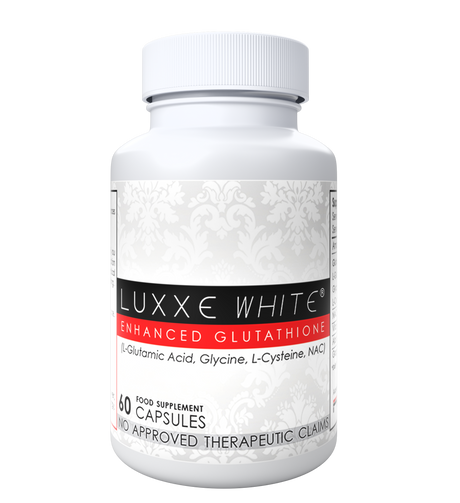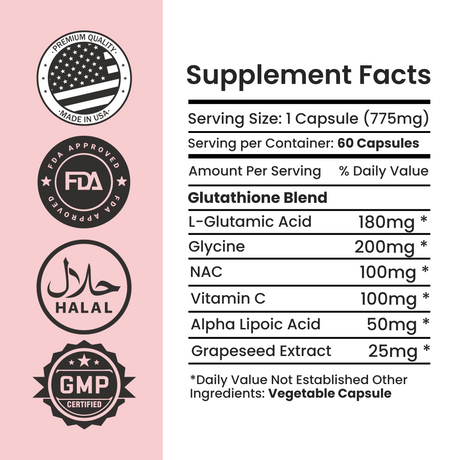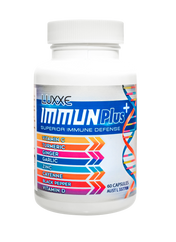Glycine, an amino acid that plays a crucial role in various bodily functions, has been gaining attention for its potential benefits for gut health. Let's dive into the science behind how glycine can support a healthy gut.
What is Glycine?
Glycine is the simplest amino acid and is considered a non-essential amino acid, meaning that the body can produce it on its own. It is abundant in collagen, the most abundant protein in the body, and is involved in the synthesis of other important compounds.
How Does Glycine Benefit Gut Health?
Research has shown that glycine can help support gut health in several ways. It has been found to have anti-inflammatory properties, which can help reduce inflammation in the gut and promote overall digestive health. Additionally, glycine has been shown to support the integrity of the gut lining, which is crucial for preventing leaky gut syndrome.
Improving Digestive Function
Studies have also suggested that glycine may help improve digestive function by promoting the production of stomach acid and enzymes that aid in the digestion and absorption of nutrients. This can lead to better nutrient uptake and overall gut health.
Supporting Gut Microbiome
Furthermore, glycine has been shown to have a positive impact on the gut microbiome, the community of microorganisms that live in the digestive tract. By promoting a healthy balance of gut bacteria, glycine can help support overall gut health and function.
Conclusion
In conclusion, glycine offers a range of potential benefits for gut health, from reducing inflammation and supporting gut lining integrity to improving digestive function and promoting a healthy gut microbiome. Incorporating glycine-rich foods or supplements into your diet may be a simple yet effective way to support your gut health.









































